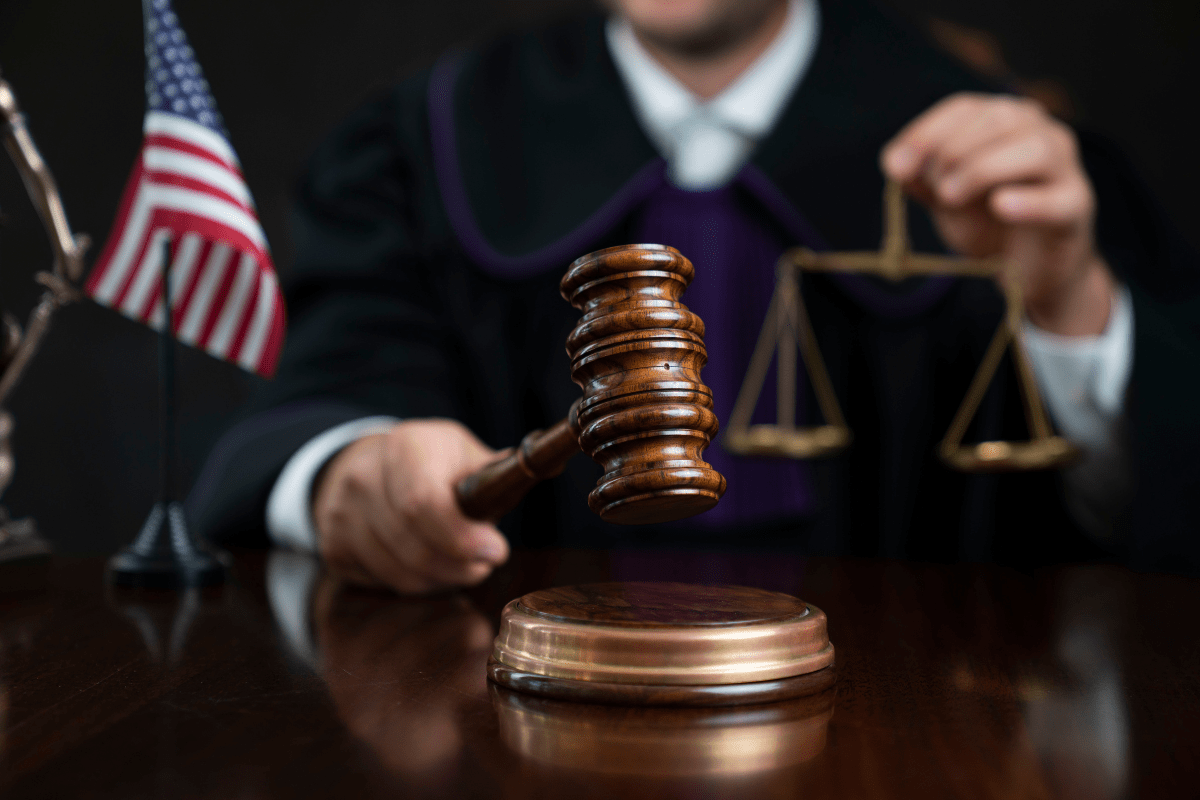Is It Viable to Sue the Judge?
Most lawsuits end in a settlement, but there are a minority of cases that go to trial or are dismissed prior to trial. In those instances, it may be tempting for the losing party to file a lawsuit against the judge. However, such lawsuits are almost always a waste of time as judges are typically immune from lawsuits while performing their duties. It would be far easier to appeal a losing case than to sue the sitting trial judge. It may also be possible under certain circumstances to force a judge to recuse themselves. The Supreme Court has ruled that judicial recusal is essential to an impartial system and is thus rooted in the Constitution’s guarantee of due process.
 Judges Are Immune to Lawsuits While On the Job
Judges Are Immune to Lawsuits While On the Job
Judges, like most government officials, have absolute immunity from liability for actions taken while performing their duties. This means that a judge cannot be sued for making a ruling that a party is unhappy with or making certain statements or comments while court is in session. The rationale is a simple one. The legal system would be flooded with lawsuits whenever a party loses a case and takes it out on the judge. However, a judge can still be sued for acts outside of their duties, such as assault or other actions outside the courtroom.
Judges Are Kept in Check by Other Methods
Judges are not all powerful. If a judge makes an incorrect decision, the ruling can still be challenged. The losing party may appeal the ruling to a higher court. Congress or the state legislature may pass a law overturning the decision. The President or Governor may pardon a wrongful conviction. Some states allow voters to recall a judge they are unsatisfied with. Judges are typically immune from lawsuits but there are other ways to challenge a judge who is in the wrong.
Judges Should Recuse Themselves If Bias or Prejudice Becomes an Issue
Recusal is an important process for the judiciary. Judicial recusal occurs when the judge has a personal bias concerning the topic of the case, has served as a lawyer or witness for one of the parties, or where the judge has a financial interest in the outcome of the case. Judges at all levels should recuse themselves from cases. Even Supreme Court justices can and should decline to hear certain cases where they have a financial or person interest in the case. If a party believes that a judge has a bias and that the judge should recuse themselves, the party may move for the judge to be recused. If a judge denies a motion to recuse, the case can be appealed to a higher court for review.
Should I Hire a Lawyer for a Civil Law Issue?
A party may sue or be sued under almost any non-criminal theory of law. If you believe you have been wronged financially or otherwise, you should consult with a skilled and knowledgeable civil attorney in order to help you determine whether you have a solid case. If you wish to sue the government, a lawyer can help evaluate whether governmental immunity is an barrier and advise you of your rights. A skilled local attorney will represent you in court as needed, as well as help you work towards a reasonable and satisfactory damage award.


Comments